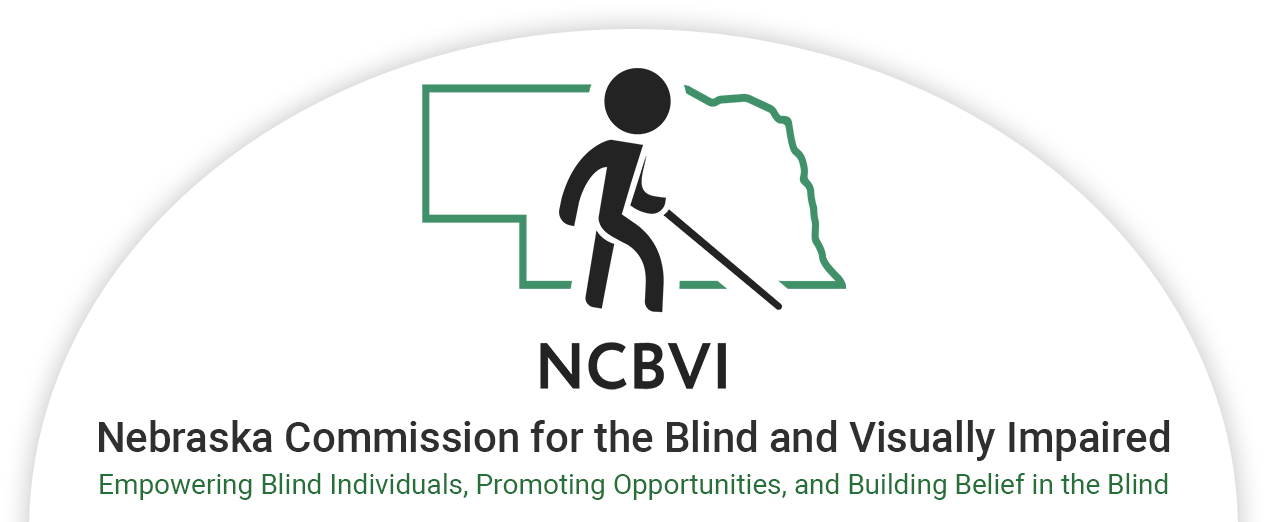Losing vision is a life-altering experience that requires a great deal of adjustment. Feelings of fear, anxiety, sadness, depression, anger, shame, helplessness, frustration, and loneliness are common and completely understandable. However, with the right training and tools, you can continue to live the life you choose. You can continue to be employed, raise children, be actively involved in your community, and continue many of the hobbies and pastimes you enjoy.
NCBVI recommends taking the following steps to begin moving forward on your journey toward a happy, healthy life as a person with vision loss:
- Learn about your eye condition. Schedule an appointment to ask your doctor all the questions you may have about the medical aspects of your vision loss. It can be overwhelming to learn a lot of detailed information at once, so it may be helpful to take a friend or family member with you to write down everything the doctor is saying, so you can focus on being present and asking any questions you have. Keep in mind that, while eye doctors are experienced at preventing and correcting vision loss, they may not necessarily be aware of the strategies, technology, and tools that blind and low vision people use to remain independent in their daily lives.
- If you are still employed, you have several options. If your vision loss isn’t significant, you may be able to continue working at your current job with very few modifications. NCBVI can provide you with job retention services that will allow you to remain employed while you are learning to use tools such as screen magnification software, CCTVs, and public transportation.
If your vision loss is significant or total, you can likely continue doing your job. Blind and visually impaired people work in almost every career field imaginable. However, you will need more extensive training in independent living, technology, and mobility skills in order to do so. Many newly blind people choose to enroll in a residential blindness rehabilitation program for between six and nine months to fully adjust to blindness or significant vision loss. You should speak with your employer’s human resources office to learn about temporary leave options, such as the Family Medical Leave Act and the short-term disability. You may be able to keep your job while you receive your blindness rehabilitation training and come back to your job afterward with new skills and confidence.
- File for Social Security. If you cannot find a way to retain your current job while you receive blindness rehabilitation training, or if you have no other source of income, you will need to apply for Supplemental Security Income (SSI) or Social Security Disability Insurance (SSDI). These are monthly cash benefits that will help you pay for housing, food, and daily living expenses while you adjust to your vision loss. Depending on your circumstances, SSI and SSDI might also mean you are eligible for Medicare, Medicaid, food assistance, and other public benefits. Learn more and apply online at https://www.ssa.gov/applyfordisability/
- Call NCBVI. Talk to an NCBVI staff member about your current situation. We can help you get the skills and tools you need in order to continue living the life you choose. Include apply for services link.
- Reach out for support. Many NCBVI staff members are blind and visually impaired themselves, so all of our programs incorporate peer support and mentoring. However, you may also wish to reach out to other organizations comprised of Nebraskans with vision loss.
National Federation of the Blind of Nebraska- http://www.ne.nfb.org/
American Council of the Blind of Nebraska- https://www.acbnebraska.org/

